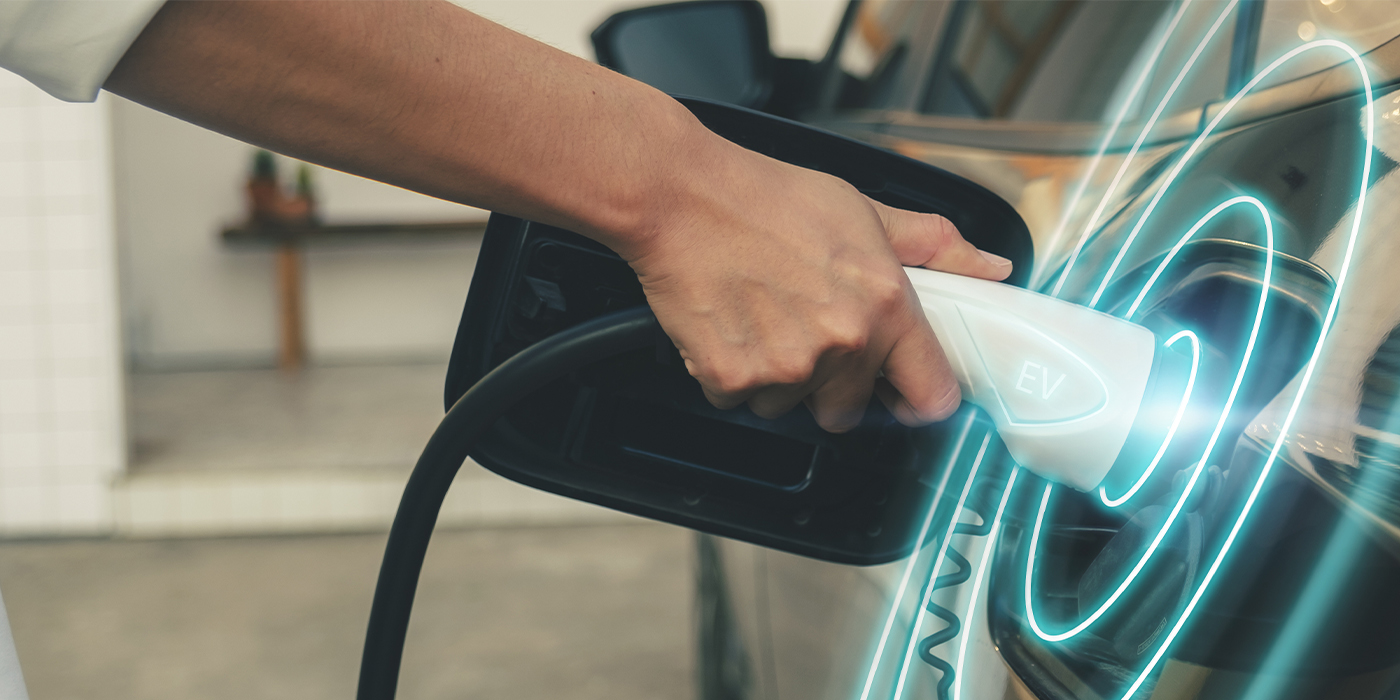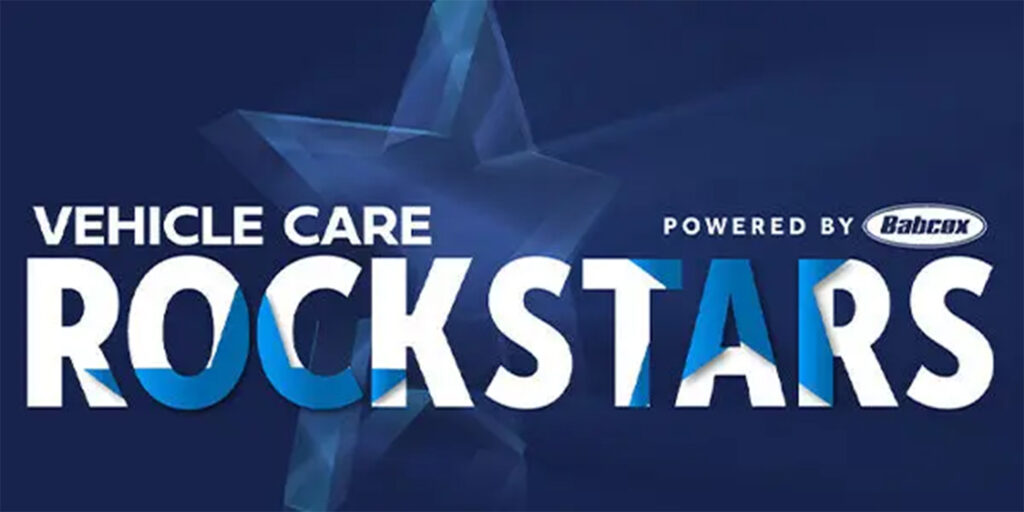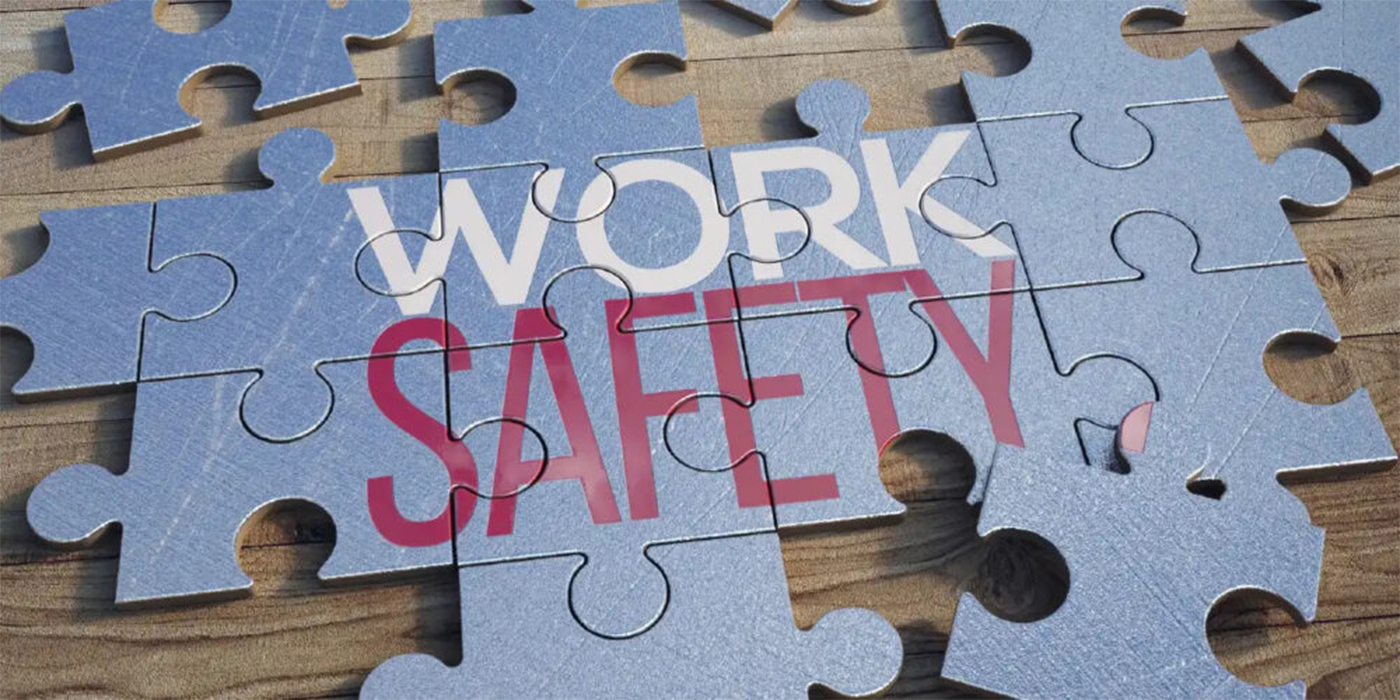Last month, I received a phone call from a reader wondering if the sales of brake tubing (Bundy tubing) were increasing due to corrosion caused by new road de-icing chemicals. Also, Hyundai this month announced that they are recalling more than 1.7 million 1999-2004 Sonatas and XGs because corrosion is causing the lower control arm mounting points to fail. Was there a connection? A conspiracy? Are new road de-icing chemicals more damaging to vehicles? It sent me on a quest that left me with even more questions.
If you live in the snow belt, chances are you have seen a truck with a white plastic tank spraying a brine on the roads before a storm. This new strategy, called “anti-icing,” can prevent ice and hard pack from forming.
The solution or brine is composed of Magnesium or Calcium Chloride. On paper and in laboratory testing, these chemicals are typically 50% less corrosive on steel than road salt. This is a strong selling point when you consider that the same people who operate the salt trucks also maintain the bridges.
Another advantage is reduced labor. Anti-icing can reduce the amount of passes made by a conventional salt truck. Even if the chemicals are more expensive, the labor to spread more salt is even more expensive. Another advantage of anti-icers is they can be less toxic to the environment when they wash off the roads.
The only documented problem is that Magnesium Chloride can become a conductor of electricity. On busy roads where the Magnesium Chloride solution is turned into mist by passing cars, the ceramic insulators on power lines become coated with a film that can conduct electricity. This has resulted in wooden power poles catching fire and transformers exploding. Even power utilities are advising boom trucks be washed regularly with a detergent to prevent a film from forming that could create a path to the ground.
In 2002, the state of Colorado released a report on the effects to vehicles. The science was good and the tests were based off Society of Automotive Engineers (SAE) standards. In the report it stated:
“MgCl2 (Magnesium Chloride) solution has high viscosity, high crystallization potential and strong hydrophilicity, so, it can stick on the surface of a metal and becomes solution again in humid environment. Eventually, it may lead to more severe corrosion than NaCl (Rock Salt), especially to the components with coarse surfaces. Therefore, MgCl2 may have higher or lower corrosiveness than NaCl, depending on the specific exposure conditions experienced by a vehicle.”
Great! I had my “smoking gun.” These less corrosive brine solutions are corroding vehicles long after road salt has flaked or washed off the car. This was great news! But, in the next paragraph the researchers burst my bubble.
“The present test data indicates that using magnesium chloride in combination with sodium chloride does not cause higher corrosion for most of the metals tested than using just sodium chloride.”
This does make sense when you consider the Hyundia is only recalling vehicles in the upper snow belt and not in states like Colorado, Nebraska and Wyoming where the winters are not as humid. Also, the remedy for the recall to either replace the subframe or drill drainage holes and apply a coating of rust-proofing materials.
I was not able to get any concrete numbers from the manufacturers of brake lines regarding if they are seeing increased sales, but they stated the coatings and corrosion inhibitors have drastically improved on the original equipment brake and fuel lines since 1994.
Is this an epidemic for drivers and an opportunity for the aftermarket? I am going to have to use the same line of thinking as the researchers in Colorado. At this time, there is not any conclusive evidence that has been gathered over a significant period of time the use of anti-icers is causing more damage than the road salt used a decade ago. Yes, there are pieces of evidence, like increased incidents of brake pad edge lift and fellow technicians who would tell you they have seen more frozen bolts and rusted rockers, but, I think we need more evidence before we try to “ban the brine.”













